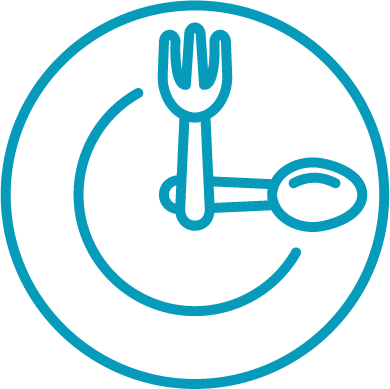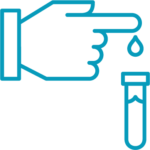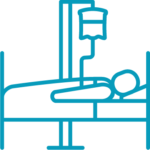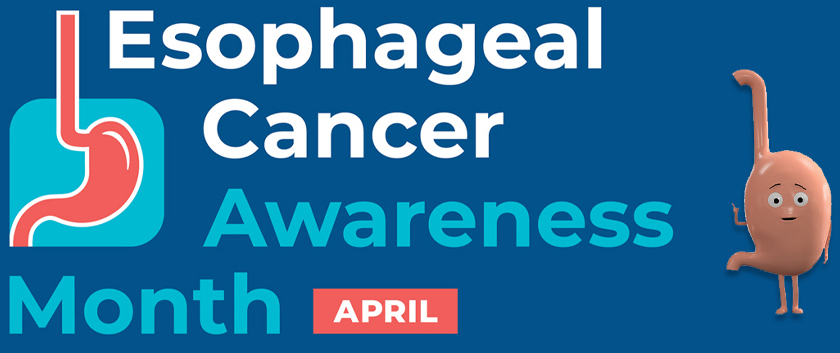Constipation / Diarrhea
Anemia is a condition in which you lack enough healthy red blood cells to carry adequate oxygen to your body's tissues. Having anemia can make you feel tired and weak. There are many forms of anemia, each with its own cause. Anemia can be temporary or long term, and it can range from mild to severe. See your doctor if you suspect that you have anemia. It can be a warning sign of serious illness.
Treatments for anemia range from taking supplements to undergoing medical procedures. You might be able to prevent some types of anemia by eating a healthy, varied diet. Anemia signs and symptoms vary depending on the cause. If the anemia is caused by a chronic disease, the disease can mask them, so that the anemia might be detected by tests for another condition.
Affected by Diet
24/7 Controlled by Medicine
Blood Disorder
Medical Procedures Possible
Symptoms, Causes and Treatments
Depending on the cause of the anemia, symptoms may include:
- Dizziness, lightheadness,
- Fast or unusual heartbeat
- Headache
- foldpostdetails_content
- Problems with growth, for children and teens
- foldpostdetails
- Skin that’s pale or yellow
- Cold hands and feet
- Tiredness or weakness
Anemia is the most common blood condition in the U.S. It affects almost 6% of the population. Women, young children, and people with long-term diseases are more likely to have anemia. Important things to remember are:
- Certain forms of anemia are passed down through your genes, and infants may have it from birth.
- Women are at risk of iron-deficiency anemia because of blood loss from their periods and higher blood supply demands during pregnancy.
- Older adults have a greater risk of anemia because they are more likely to have kidney disease or other chronic medical conditions.
Your treatment will depend on your type of anemia and severity. A few types of treatments include medication, blood and marrow transfusions, supplements, intermittent antibiotics, oxygen therapy, and change in diet.









